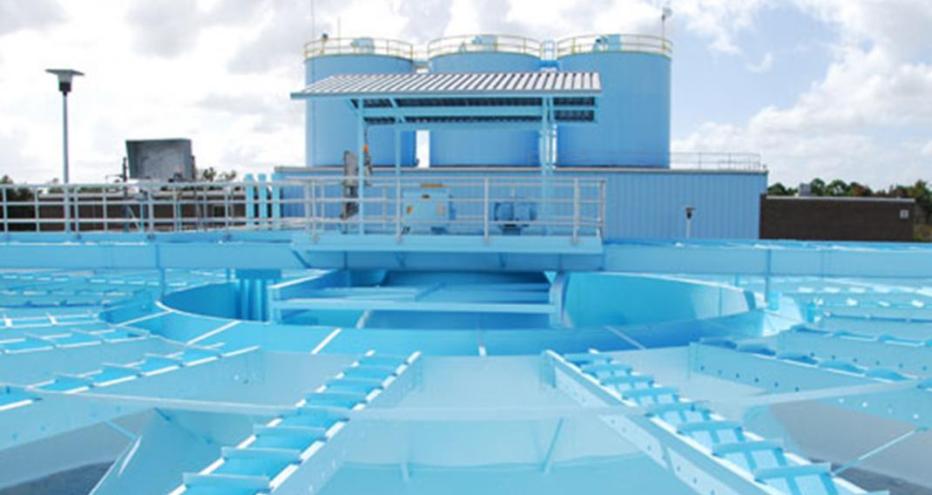
Photo courtesy of Cocoa Water Works
Since 2005, the City of Cocoa (City) has progressed its automated reading program by slowly upgrading its meter population to an automated meter reading (AMR) drive-by system.
Over 14 years, the City’s replacement program resulted in 28% of the population having been upgraded to AMR meters, leaving the City largely without substantial meter reading benefit.
But, with Jacobs’ help, the City is exploring how to flip the script.
In 2018, the City engaged us to conduct an Advanced Metering Infrastructure (AMI) business case study to gain an understanding of current technology options and to explore the benefits of a full AMI implementation for the City and its customers.
-
55 %
or more reduction in field efforts for reading and maintaining the system with implementation of an AMI
-
90 K
customers to experience a more efficient user experience
-
10 %
return on investment
-
8
year payback on the initial capital investment of the 20-year project
Building a case for smart metering benefits for tomorrow
The City contracted with Jacobs beginning in 2018 to conduct an AMI business case study.
Our scope of work included three tasks:
- Assessment of Current Meter and Meter Reading Equipment – Collecting and reviewing data associated with the City’s existing meters and meter reading equipment, as well as related office and field activities, to develop a meter management plan and budgetary costs.
- Evaluation of Advanced Metering Technologies – Performing an operational and organizational assessment of the City to determine appropriate technology options and target benefits that would be enabled through implementation.
- Business Case Evaluation – Developing a cost-benefit analysis that quantifies various implementation scenario(s) by using budgetary cost and target benefits; include non-quantified benefits in the narrative to complete the business case evaluation for AMI.
We found that this replacement schedule would require the City’s budget for meter replacements to double in each of the next five years to simply maintain their existing system, a significant finding for the City. We also conducted a functional needs assessment to determine exactly how the City could best leverage the technology.
As part of these efforts, we calculated a reduction in field effort of more than 55% for reading and maintaining the system as a result of upgrading to an AMI solution. Additionally, our analysis indicated a return on investment of well over 10% and an 8-year payback on the initial capital investment of the 20-year project.
With a very attractive outlook for a future AMI project, the City selected us earlier this year to develop the RFP for procuring a new AMI system and bring the City one step closer to reaping the benefits of this technology for years to come.












































